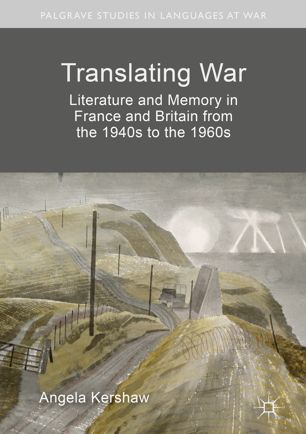

Most ebook files are in PDF format, so you can easily read them using various software such as Foxit Reader or directly on the Google Chrome browser.
Some ebook files are released by publishers in other formats such as .awz, .mobi, .epub, .fb2, etc. You may need to install specific software to read these formats on mobile/PC, such as Calibre.
Please read the tutorial at this link: https://ebookbell.com/faq
We offer FREE conversion to the popular formats you request; however, this may take some time. Therefore, right after payment, please email us, and we will try to provide the service as quickly as possible.
For some exceptional file formats or broken links (if any), please refrain from opening any disputes. Instead, email us first, and we will try to assist within a maximum of 6 hours.
EbookBell Team

4.4
82 reviewsThis book examines the role played by the international circulation of literature in constructing cultural memories of the Second World War. War writing has rarely been read from the point of view of translation even though war is by definition a multilingual event, and knowledge of the Second World War and the Holocaust is mediated through translated texts. Here, the author opens up this field of research through analysis of several important works of French war fiction and their English translations. The book examines the wartime publishing structures which facilitated literary exchanges across national borders, the strategies adopted by translators of war fiction, the relationships between translated war fiction and dominant national memories of the war, and questions of multilingualism in war writing. In doing so, it sheds new light on the political and ethical questions that arise when the trauma of war is represented in fiction and through translation. This engaging work will appeal to students and scholars of translation, cultural memory, war fiction and Holocaust writing.